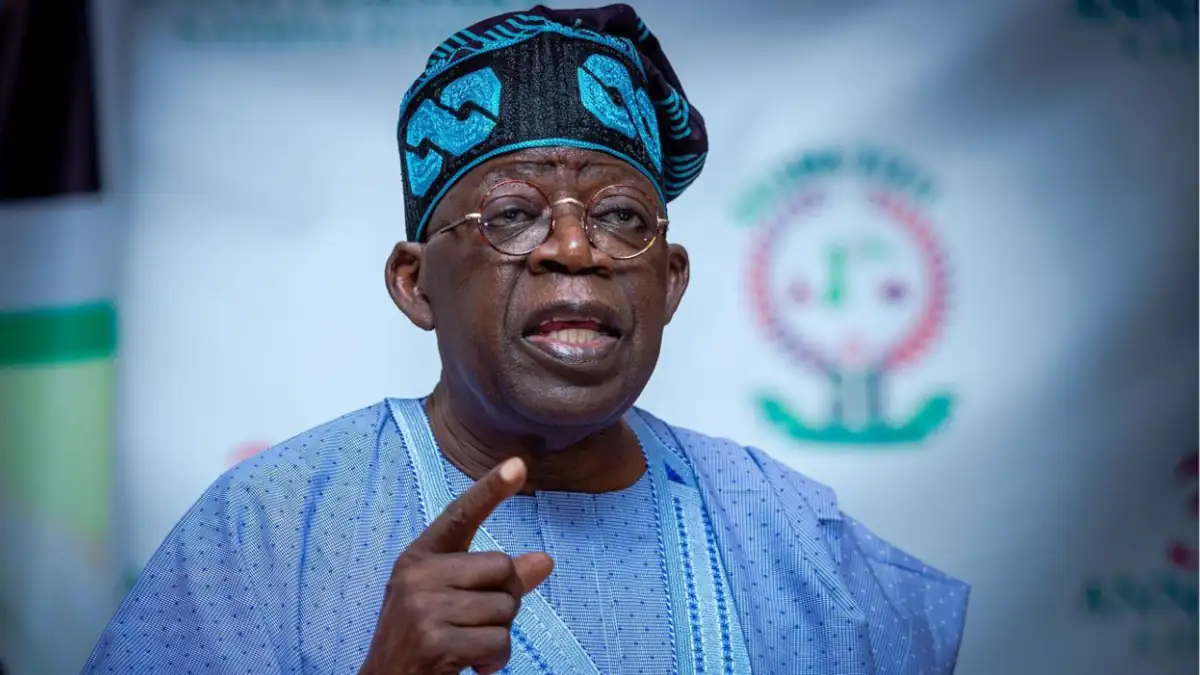The energy landscape of Nigeria is undergoing a major upheaval with the announcement by the government led by President Bola Tinubu of a significant increase in electricity tariffs for consumers in Band A. This decision, taken in the context of persistent challenges in energy supply, has elicited various reactions within the Nigerian population.
The announcement of this tariff hike was made by the Vice President of the Nigerian Electricity Regulatory Commission (NERC), Musliu Oseni, at a press briefing in Abuja. According to his statements, customers in Band A, who currently enjoy 20 hours of electricity per day, will see their tariff rise from 66 nairas to 225 nairas per kilowatt-hour. This increase represents a significant change in the cost of electricity for these consumers, in a country where access to electricity remains a challenge for many households.
It is worth noting that customers in Band A represent only a fraction of the 12 million electricity customers in Nigeria, approximately 15%. However, these customers are often considered among the most privileged users due to their relatively stable access to electricity. The decision to increase their tariff therefore raises concerns about the financial impact on these households.
Furthermore, NERC has also announced a downgrade of some Band A customers to Band B due to non-compliance with the required electricity hours provided by electricity distribution companies. This measure aims to rationalize resource allocation and ensure more efficient use of available electricity in the country.
Musliu Oseni emphasized that this tariff revision should not affect customers in other bands, but rather concentrate the impact on those currently benefiting from the lowest tariffs. However, this raises questions about the fairness of this decision, as some may argue that Band A consumers are already subject to more favorable economic and social conditions than the majority of the population.
Finally, this announcement comes at a time when Nigeria is seeking to diversify its energy mix and strengthen its electrical infrastructure to meet growing electricity demand. As the country continues to face persistent challenges in energy supply, it is imperative that decisions regarding electricity tariffs take into account the needs and financial capacities of the entire population.
Articles similaires
- → Africa: Trump plans to close american embassies and consulates
- → USA: Death of actress Shannen Doherty, star of "Beverly Hills 90210"
- → Nigeria: Army successfully conducts operation against bandits
- → Nigeria: Tinubu government orders federal airports to begin collecting toll fees
- → Melinda Gates quit the Foundation she co-created with billionaire Bill Gates

